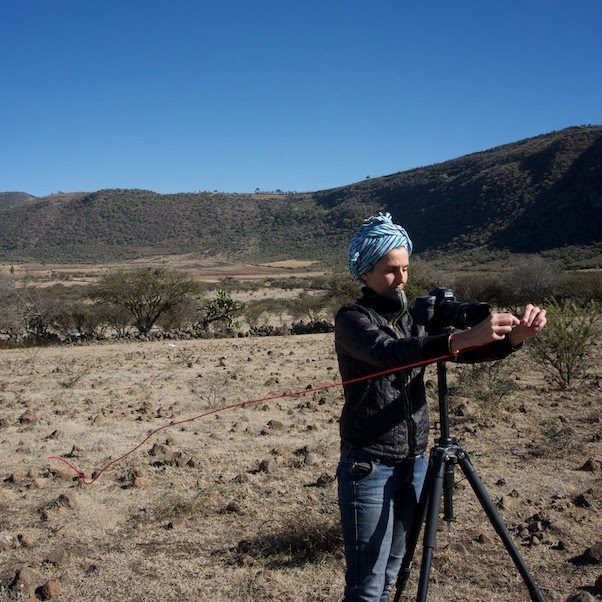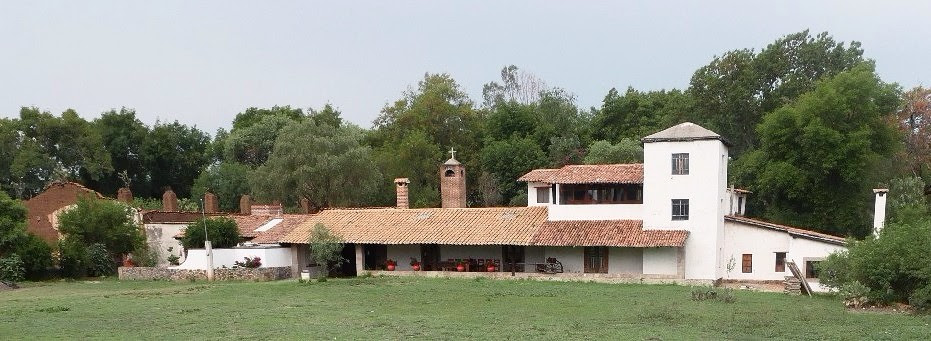International conference organized by Art/Switch
With AHM at the University of Amsterdam and Nyenrode Business University
Location: University of Amsterdam
Dates: Friday 30 – Saturday 31 October 2020
Submission Deadline: 20 April 2020
Ongoing global developments and the rapid growth of the art world highlight the need for a continuous questioning of sustainability in the arts, in terms of actors and methods. In 2020, art institutions and professionals are just beginning to wake up to their role in contributing to climate change. Recent reforms and calls for action, such as the climate emergency declared by the Tate in July 2019, generally focus on the front of house aspects of the art world and the environmental impact of museums. Accompanying these reforms are guidelines and papers from museum associations and NGOs, for instance Resolution No. 1 “On sustainability and the implementation of Agenda 2030, Transforming our World†adopted by ICOM’s 34th General Assembly in 2019. However, the pressing issue of environmental sustainability is still greatly missing from major sectors of the art market, including art transport, storage, insurance, as well as the commercial art flow. In line with the urgent call for action established by the United Nations’ Sustainable Development Goals in 2015, this conference aims to open up an interdisciplinary space for practitioners and academics in order to connect debates, enhance networks and initiate an international platform for the field of sustainability in the arts. Possible topics for contributions include, yet are not limited to:
1. CARBON FOOTPRINT OF COLLECTION INSTITUTIONS
New building materials; renewable and green energy; museum architecture; waste management/reduction; establishment of effective environmental guidelines.
2. SUSTAINABLE ORGANIZATION OF ART INSTITUTIONS
The vision of art organizations and their commitment to sustainability: management; marketing; catering; digitalization; public programming; education.
3. DEVELOPMENT OF SUSTAINABLE ART STORAGE
Rethinking existing guidelines concerning climate, light and humidity control; sustainable architecture; storage management; green transportation methods.
4. QUESTIONING THE SUSTAINABILITY OF CONSERVATION PRACTICES
Object management; sustainable conservation; collection management; a decrease of collection size in favor of sustainability.
5. CREATING SUSTAINABLE EXHIBITIONS AND OPERATIONS
Sustainable materials for exhibitions, including circular architecture design and the recycling or reuse of exhibition materials.
6. REDUCING ART TRANSPORT AND DEVELOPING SUSTAINABLE METHODS
Questioning shipping practices linked to fairs, exhibitions, and a growing international online market. Thinking of creative and lasting solutions for a more carbon neutral transportation.
7. SUSTAINABLE DEVELOPMENTS IN ART HANDLING
Innovations in art handling: environment-friendly materials; reusable packaging designs; research into the conservational aptitude of these new materials.
Submission
Academics, researchers, designers and art professionals – e.g., curators, art handlers, gallery directors, collection managers, architects, art insurers, shipping coordinators, operation managers, heads of sales, fair coordinators – are invited to submit a short bio and abstract (250 words) for an oral presentation (20 minutes average) at info@artswitch.org by 20 April 2020.Â
We encourage diverse formats of presentations, including but not limited to talks, videos, workshops, music or performances. Files should be saved as follows: [last name, first name_abstract title]. All contributions will be considered for publication in the conference proceedings. For more details, visit: artswitch.org The conference fee is €200; full-time students €50
















